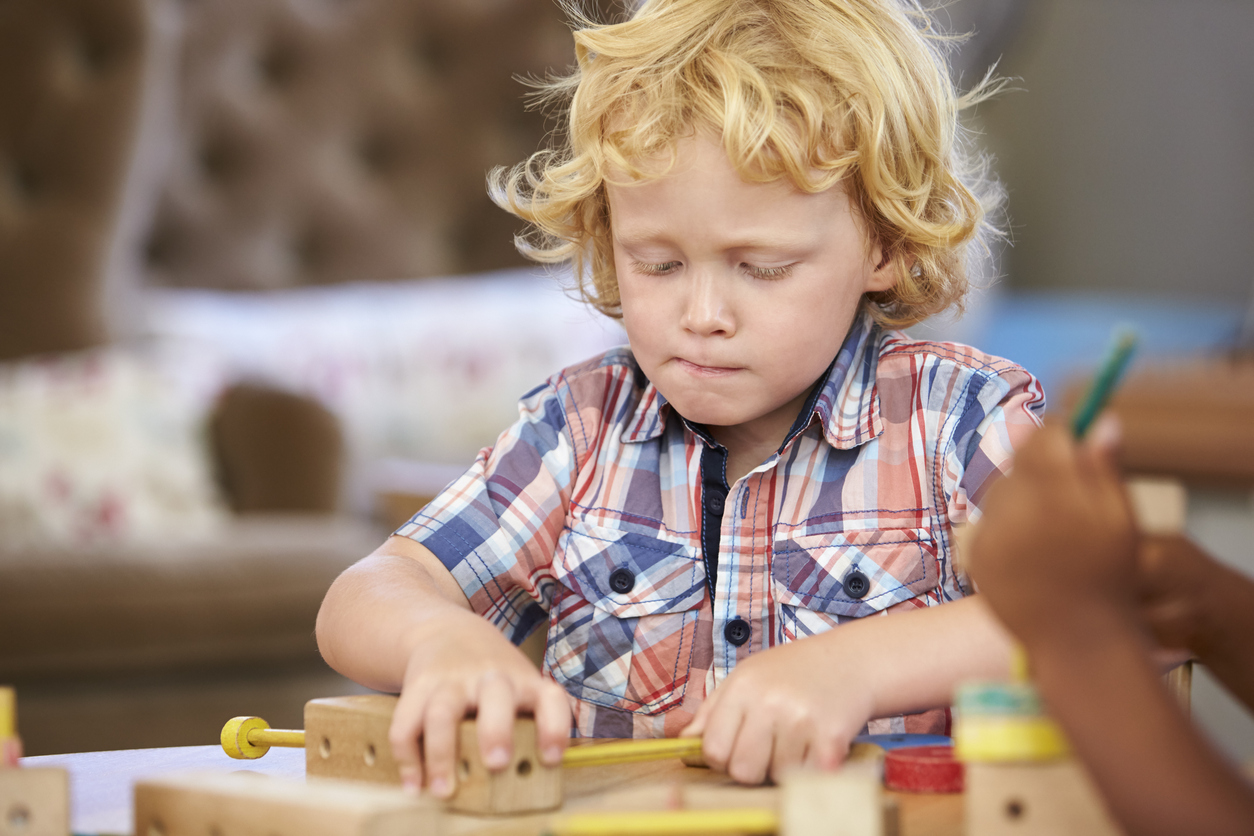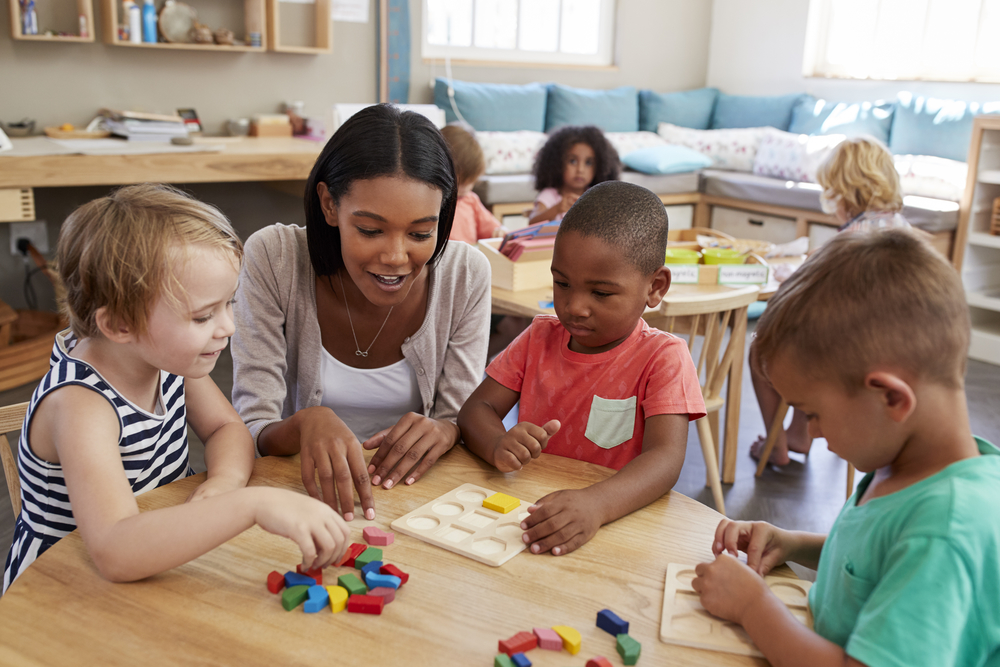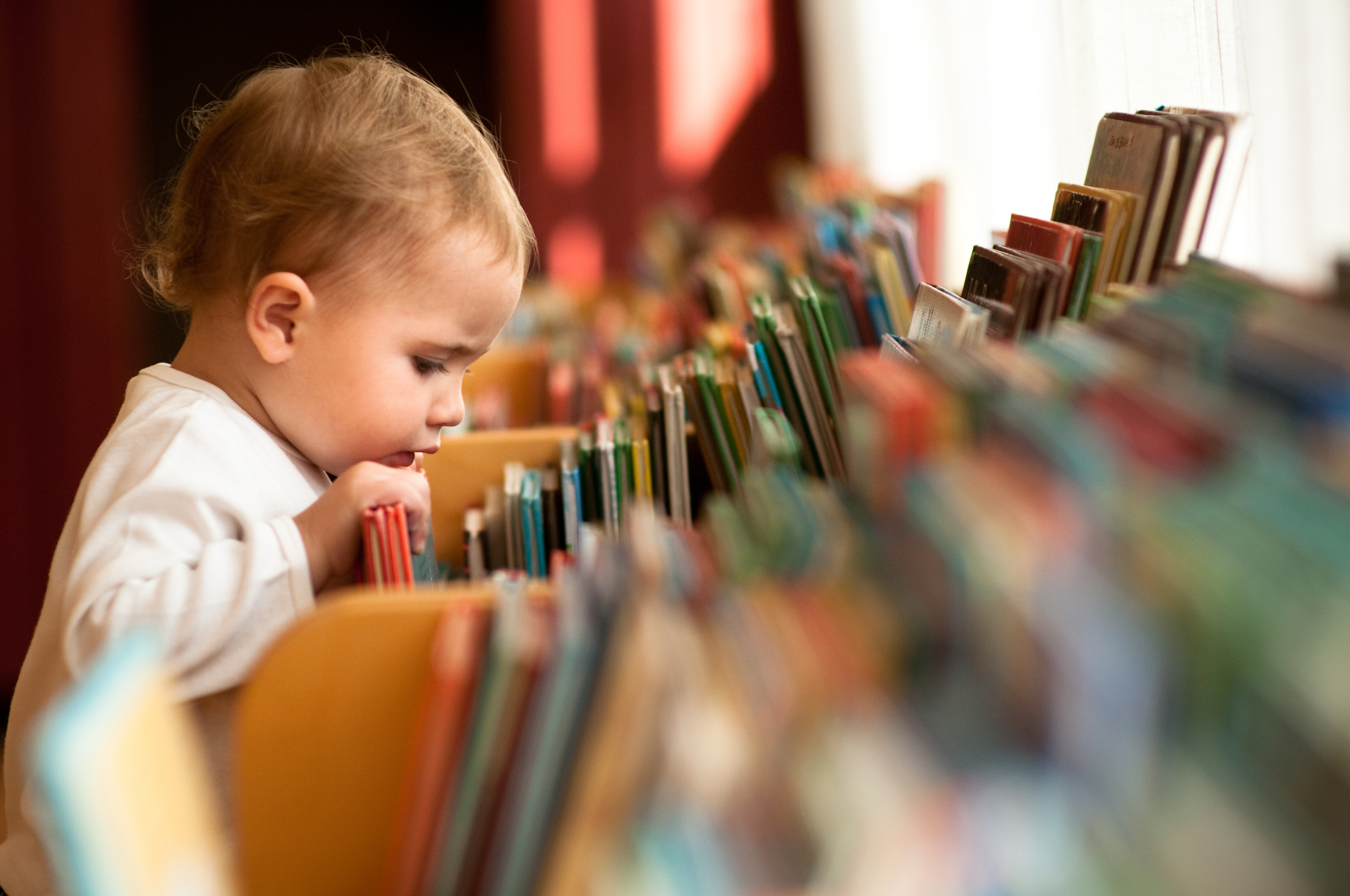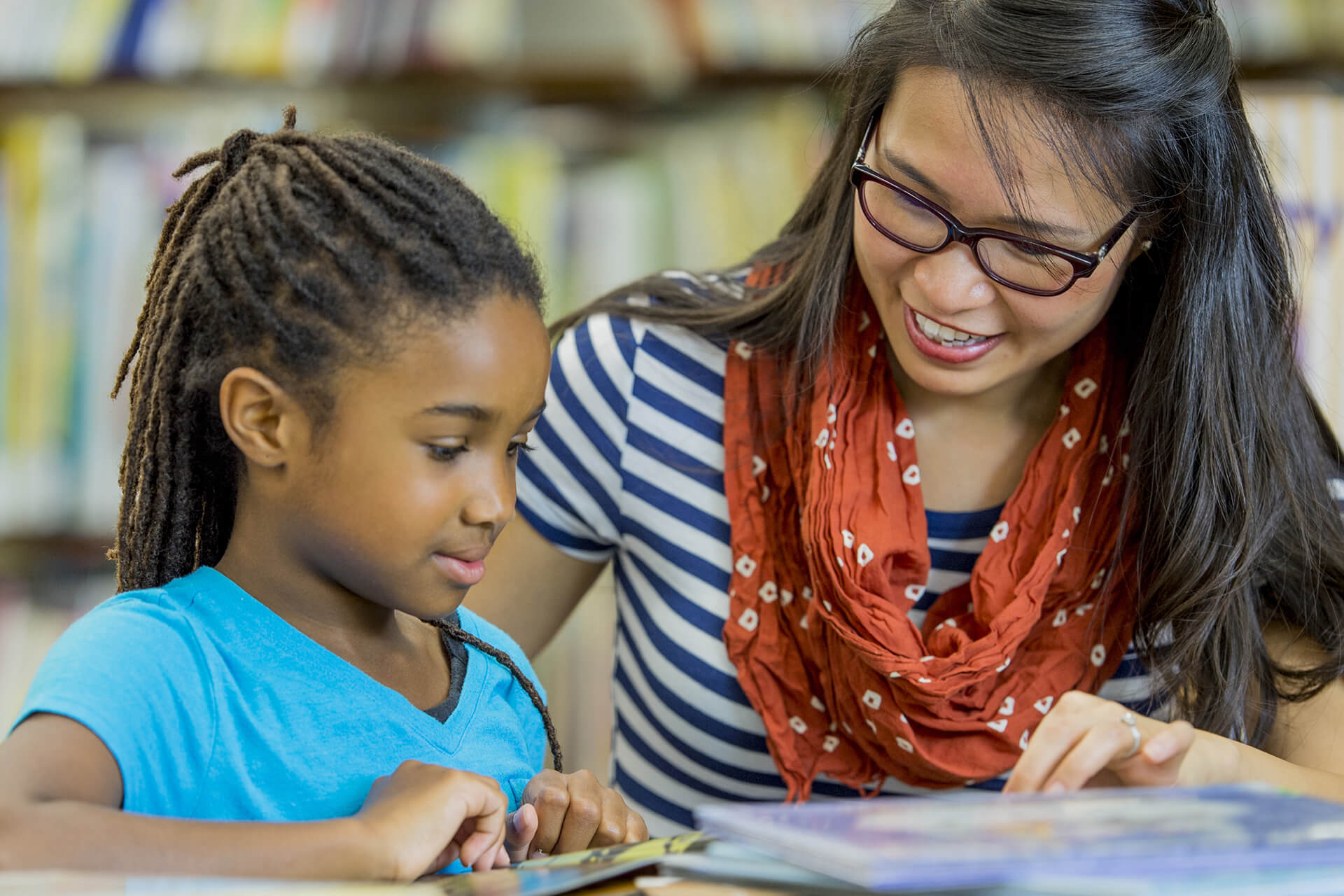The Process of Normalization: Is My Child Normal?
Every parent is familiar with this thought: “is my child normal?” The word “normal” has become synonymous with what is considered typical, average, or standard. Many assume that the process of normalization is about conforming to expectations. However, the Montessori educational philosophy emphasizes something quite different.
In her observations of childhood development, Dr. Maria Montessori (founder of the Montessori method), observed a unique process that she termed “normalization.” This process occurs as your children achieve various, specific milestones. It’s yet another way in which the Montessori method can benefit your child more than traditional daycare.
Read on, to learn more about Montessori’s findings and the process of normalization.
What is the Process of Normalization?
After observing children for a long time, Dr. Montessori noticed a fascinating trend: children who were allowed independence in an environment suited to their needs learned and experienced personal growth on their own. She concluded that children









